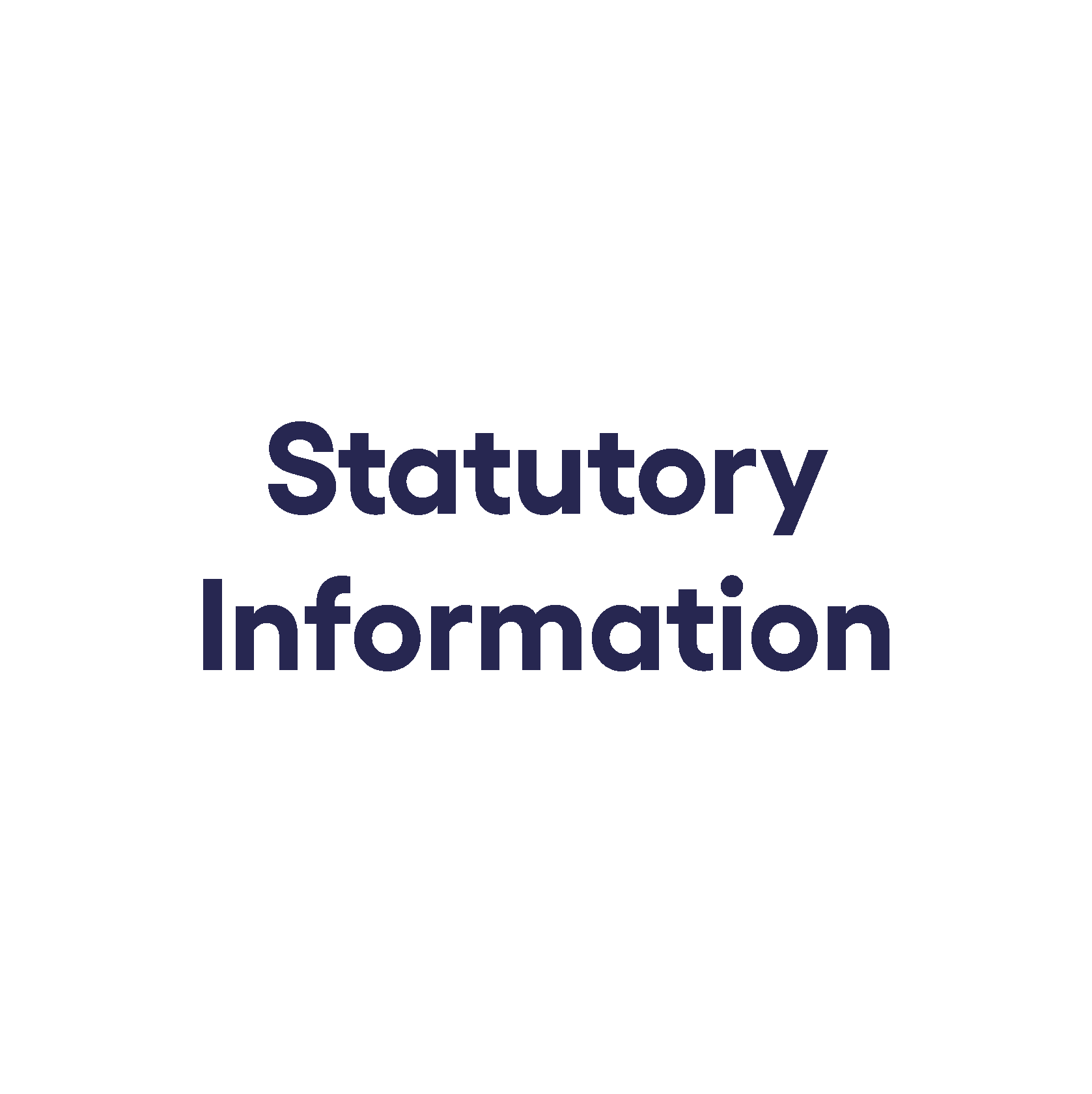| Head of Department: | Mrs M Hoey |
| Exam Board | AQA |
| Qualification: | GCSE in French |
Programme of study
In GCSE French, you will learn to use four main aspects of essential skills for
communication in French (and, indeed, in any language): Listening, Speaking, Reading and Writing. There will be an emphasis on understanding of grammar here, too. During the course, you will cover topics within the following themes:
Identity and Culture
- Me, my family and friends
- Technology in everyday life
- Free time activities
- Customs and festivals in French speaking countries/communities Local, national,
International and global areas of interest
- Home, town, neighbourhood and region
- Social issues
- Global issues
- Travel and tourism
Current and Future Study and Employment
- My studies
- Life at school/college
- Education post-16
- Jobs, career choices and ambitions
How is the course structured & assessed?
The four skill areas of Listening, Speaking, Reading and Writing are each worth 25% and are examined at the end of Year 11. Lessons will focus on each of these skill areas, building your vocabulary base and deepening your understanding and application of grammar. It will build on the skills and grammar you have learned during Key Stage 3 and develop more complex and sophisticated language.
In your French GCSE all four areas of Listening, Speaking, Reading and Writing will be assessed by separate examinations at the end of Year 11 at either foundation or higher tier.
The Listening and Reading units will require you to respond to spoken or written French demonstrating that you can understand and identify key information. In the Reading unit you will also be required to translate from English into French. The Speaking unit consists of a role play, picture based discussion and general conversation lasting from 7 to 12 minutes and will be conducted by your teacher. For the Writing unit you will answer a series of questions requiring you to demonstrate your ability to structure a response using appropriate vocabulary and a range of tenses. You will also be required to translate from French into English.
What can these qualifications lead to?
A GCSE in French is extremely useful for a variety of jobs, not just teaching or translating; for example, you might use these skills in careers such as tourism, web design, medicine, engineering or ICT. If you are thinking you would like a career in any of these fields, or you just want to keep your options open for the future, a GCSE in a language may be just what you need! GCSE French will also count towards the English Baccalaureate. Some of the top universities require a GCSE qualification in Modern Foreign Language as an entry requirement. If you decide to continue your language learning to university level, you will be given the opportunity to spend time in France or a French speaking country. A qualification in a language will always look good on your CV whether you use the language in the course of your work or not, as it tells potential employers and colleges that you can use the four essential skills for communication.







